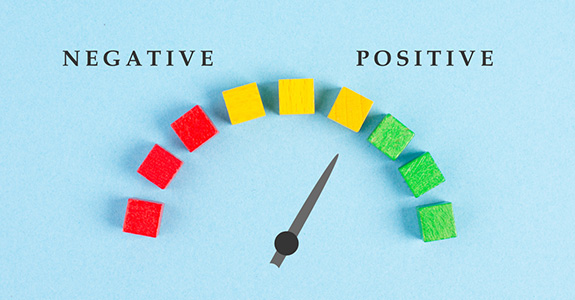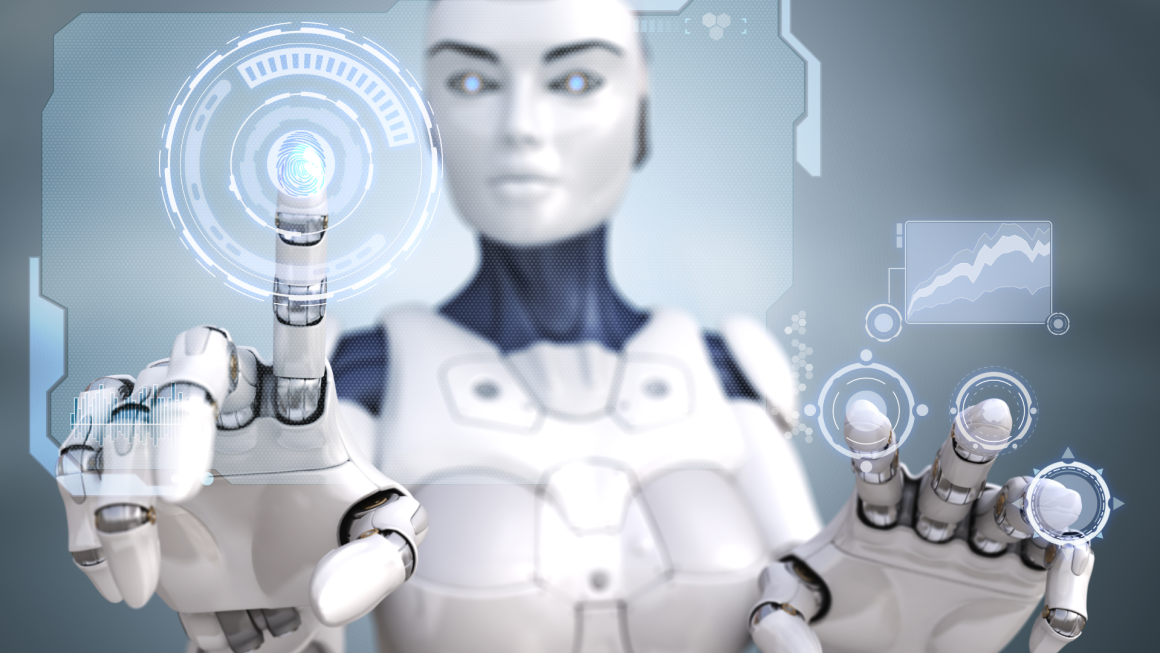For most ordinary citizens today, Pepsi is nothing more than a “plan B” soda for occasions when there is no bottle of Coca-Cola available. But it wasn’t always like that. In the 1980s, the two brands fought a fierce battle for consumer preference, which peaked with Pepsi’s hiring of Michael Jackson to star in the “Pepsi Generation” campaign, which materialized in this iconic music video:
There was a clear intention on the part of the drink “number two” to supplant the competitor through the association of the King of Pop with the flavor and attitude evoked by the soda. This did not change the fact that, for a thirsty person, any of the sweet syrups would work the same way.
The society remained inert to Pepsi’s and Coca-Cola’s investments in competitive marketing chess, without questioning its role as a pawn on this board. The aggressive attitude of the executives responsible for the rivalry between the brands does not seem to have suffered any kind of sanction. On the contrary: the more sumptuous and aggressive the advertising pieces were, the more fun it was to watch the competition.
Paradoxically, the people who embraced the rivalry between soft drinks were the same ones who cried in theaters watching sugary classics (metaphorically) like E.T. – The Extraterrestrial, whose central idea was that all creatures should coexist harmoniously. It is also possible to imagine that these people were frankly adept at the campaigns for world peace that once and for all popped up in the media and that they were positioned against marital abuse, dishonesty among co-workers, etc. That is: on the supermarket shelf, rivalry was tolerated, but in other spheres, no. What does that say about the spirit of an era?
This apparent hypocrisy is too complex to take it as the only lens of analysis and offer a full answer. Still, it is sad that admittedly deleterious behaviors are tolerated in the business world under the excuse that “to sell, anything goes”.
The recent restrictions we have submitted to deal with Covid-19 are there to show that rivalry urgently needs to give way to cooperation, at the risk of annihilating ourselves in a few months. If in the 1980s soft drinks provoked us to be rivals, let us learn now, then, to be friends or, at the very least, colleagues – that will be quite a progress.




